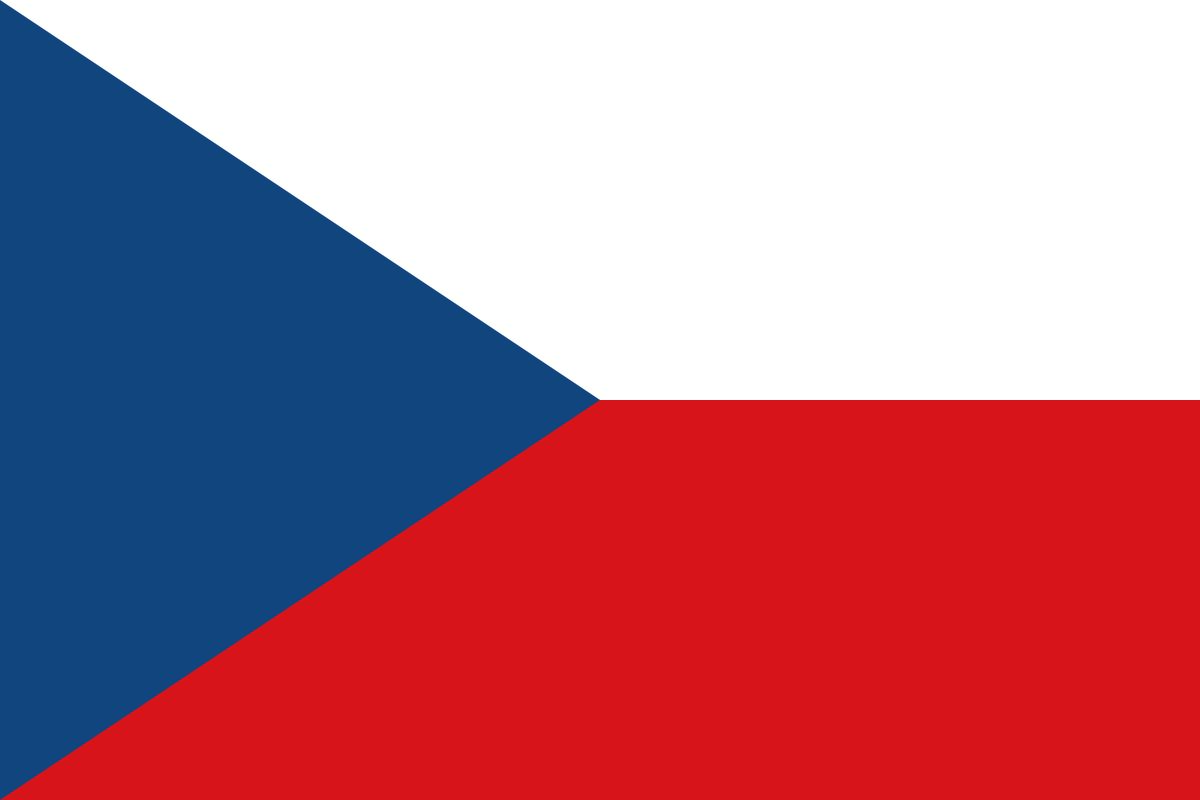At a Glance
Effective January 1, 2020, the minimum monthly salary for foreign workers in the Czech Republic will increase to CZK 14,600, up nine percent from 2019.
The situation
Effective January 1, 2020, the minimum monthly salary for foreign workers in the Czech Republic will increase to CZK 14,600, up nine percent from 2019. The exchange rate at the time of the publication of this alert is 1 CZK = USD 0.043.
A closer look
- Existing employees. Employers of foreign nationals under an Employee Card or Work Permit and Employee Card as of January 1, 2020 will need to increase foreign nationals’ minimum salaries to comply with the new rule.
- Initial and renewal applications. Employers of foreign nationals seeking to obtain or renew an Employee Card or Work Permit and Employee Card on or after January 1, 2020 will need to increase foreign nationals’ minimum salaries to comply with the new rule. Immigration applications that do not meet the minimum salary will be rejected.
- Pending applications. Employers of foreign nationals with pending work permit applications as of January 1, 2020 will need to increase foreign nationals’ minimum salaries to comply with the new rule. Immigration applications that do not meet the minimum salary will be rejected.
Reminders on other requirements
- Benefits and allowances. As before, benefits and allowances may not be included in the minimum salary calculation.
- Employment contract. As before, the salary amount must be specified in the foreign worker’s employment contract.
- Minimum subsistence amount. As before, foreign workers seeking to sponsor dependents must have access to 15 times the minimum living amount in the Czech Republic for their first month of stay, and twice the minimum living amount for every subsequent month of stay. The minimum living amount is currently set at CZK 2,200 and is regularly indexed. Access to these funds must be demonstrated separately from the salary via a bank account statement.
Background
The Czech Republic increased the minimum salary by approximately 9 percent for 2019, 10 percent for 2018, and 11 percent for 2017. While these increases are relatively high when compared to the general European average, they are typical of the region.
While the increase is considerable, employers are expected to easily meet the new threshold since foreign workers typically receive salaries well above the threshold.
Looking ahead
Most EU countries increase their salary thresholds annually by amounts between one and 10 percent. We expect most European countries to announce their new thresholds in the coming weeks, with Belarus and Croatia typically being among the later countries to publish new amounts. We will report relevant developments on other countries’ increases and any other increases in the Czech Republic as they occur.
Wolfsdorf Rosenthal LLP keeps their clients apprised of immigration resources around the world. Subscribe to our Newsletter to stay in the know about immigration news and resources from around the world. Should you have any questions or for case specific information, please contact a Wolfsdorf Rosenthal immigration attorney or email the WR Global Immigration team Global@Wolfsdorf.com


